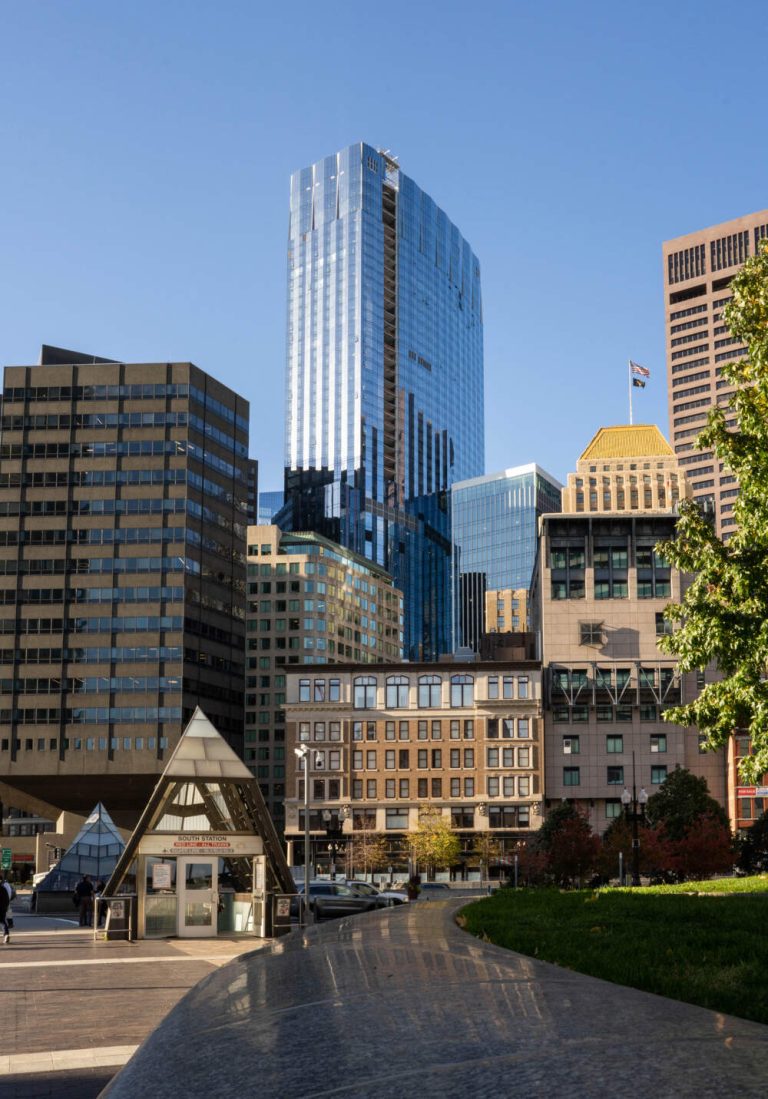A new skyscraper in downtown Boston has become the world's largest “Passive House” office space, according to Germany's Passive House Institute.
The 812,000 square feet of Winthrop Center office space passed multiple tests to ensure the walls and windows effectively insulated the building. Insulation and airtightness are the main reasons why this building uses 65% less energy for heating and cooling compared to similar buildings.
“Buildings are a huge part of the overall climate problem. There's no reason why they can't be fixed. It's doable from an engineering perspective,” said Christopher Jeffrey, founder of Millennium Partners, the building's developer. Mr. Zu said.
Jeffries said the biggest challenge is adapting a concept created for small homes to large office buildings. For example, the team had to design windows large enough to take in the view and thick enough to insulate the building. The solution was to design the window with three layers of glass.
“Passive House'' buildings also cost money to build, but those costs are often recouped in energy savings in the future. When development began before the pandemic, Jeffries said costs were about 10% to 15% higher compared to similar new construction.
The 691-foot-tall Winthrop Center also has residential areas that are not Passive House certified.
“The Passive House Office at Winthrop Center is truly pioneering,” Jessica Grovesmith of the Passive House Institute wrote in a press release. He added that the building is a proof of concept that Passive House design can be implemented at scale.
Buildings account for about 70% of carbon emissions in Boston and 30% in Massachusetts.
“This is an example for many other developers of how to do this, and it's doable,” said Rebecca Tepper, executive director of the Office of Energy and Environmental Affairs.
“There's an opt-in stretch code now, and a lot of towns are opting in. As a result, we're going to see more and more buildings and homes like this,” she says.
Tepper said the biggest challenge to decarbonizing buildings in Massachusetts is existing housing.
“Massachusetts has a very old housing stock, and those buildings are going to need to be renovated,” she said.

